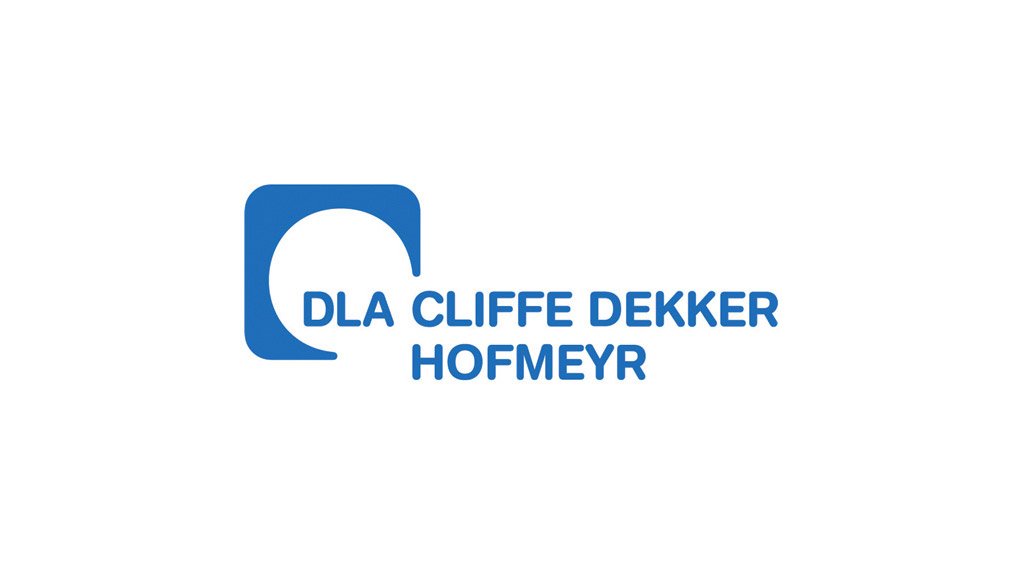The race to secure energy to the national grid and to secure energy through alternative energy sources has intensified, this is according to the Policy Budget Speech delivered by Ms Tina Joemat-Petterson (Minister) on 21 July 2014. In her speech, the Minister confirmed that South Africa is faced with energy constraints, and proposed several solutions to these issues.
The Minister’s transparent approach to energy procurement is evident in her comment, "I also want to ensure that energy is something that is understood by ordinary people, that is accessible and affordable, and that we build a national consensus about how we are going to take our country forward."
If this approach is adopted, it will be interesting to see how the Minister will balance the interests of the South African public on the one hand, and the interests of the national grid and the urgency required in transferring mega-watts through different technologies and energy sources into the national grid, on the other.
Many South Africans have viewed the procurement of nuclear energy with circumspection. Notwithstanding, the Minister stated with respect to nuclear energy, "R850 million has been allocated to the Department of Energy ("DOE") and its relevant agencies in order to undertake further research and development, especially in regard to safety matters, regulations for the handling of hazardous materials, in terms of international obligations, and the development of nuclear policies and legislation to ensure the peaceful use of nuclear energy."
The above-mentioned expenditure is not for the procurement of nuclear, it is for the purposes of further research and development. Hopefully, and in accordance with her transparency approach, the Minister will share these findings for public comment.
In respect of the New Household Electrification Strategy, approved by Cabinet in June 2013 to address electrification backlogs and ensure universal access by 2025, the Minister reported that the target for the 2013/14 financial year was 260 000 households.
According to the Minister, the DOE has allocated an amount of R7.4 billion to this strategy and, "93% of this amount is being earmarked for transfer to Municipalities and State Owned Entities. Only the remaining 7% is utilized for the Departments operational and capital expenditure."
The allocation ties in with the Minister's plan to renew the DOE's focus towards, "the critical area of electricity infrastructure upgrades, working with identified municipalities."
With this capital headed in their direction, municipalities are advised to start gathering the necessary expertise and other resources in an effort to address their energy constraints.
The Minister has re-affirmed her commitment towards finalizing the Integrated Energy Plan, She said, "South Africa cannot afford to find itself at the mercy of geo-political developments over which we have no control, and we must find sources that are secure and sovereign."
The Minister highlighted the inadequacy of gas infrastructure, which has made it difficult for gas to feature prominently in the energy landscape. She stated, "The Gas Utilisation Master Plan seeks to anticipate the infrastructure necessary to open up the gas market for the residential, commercial and industrial sectors. The scope includes investigating the development of a gas receiving and storage terminal for liquefied natural gas, and to meet the gas to liquids requirements at the Mosel Bay refinery, as well as investigating the conversion of Eskom's diesel plants."
The Minister also noted that the private sector should start preparing their contributions in respect of the implementation of the Gas Utilisation Master Plan.
In relation to the biofuels blending framework, the Minister re-visited the-then Minister of Energy’s decision that 1 October 2015 would be date on which oil refining companies are mandated to blend biofuels into petrol and diesel in terms of the Regulations regarding the mandatory blending of bio-fuel with petrol and diesel. The Minister said, "In the next two months, our focus will be on finalizing the subsidy framework for the manufacturers and the pricing approach for the blended product."
The DOE has signalled its intent to engage with the Ministers for Agriculture and Rural Development to map out a plan for the sustainable harvesting of biofuel feedstock. The DOE is of the view that a phased approach will need to be followed.
The DOE intends to submit the following pieces of legislation to parliament during the current financial year, -
The Electricity Regulation Amendment Bill - intended to provide a regulatory framework that promotes Independent Power Producer participation;
The National Energy Regulatory Amendment Bill - intended to improve credibility of the decision-making process by establishing an Appeal Board (amongst other things);
The Gas Amendment Bill - intended to promote economic growth and leverage available gas resources; and
The Independent Systems and Market Operator Bill - intended to assist with the planning of generation and the implementation of electricity dispatch (amongst other things).
On the whole, it is clear that the Minister is looking to please the nation and feed the national grid at the same time, and it will be interesting to see how she implements this strategy.
Written by Steven Ndlovu, Associate, Projects and Infrastructure practice, Cliffe Dekker Hofmeyr
EMAIL THIS ARTICLE SAVE THIS ARTICLE
To subscribe email subscriptions@creamermedia.co.za or click here
To advertise email advertising@creamermedia.co.za or click here











